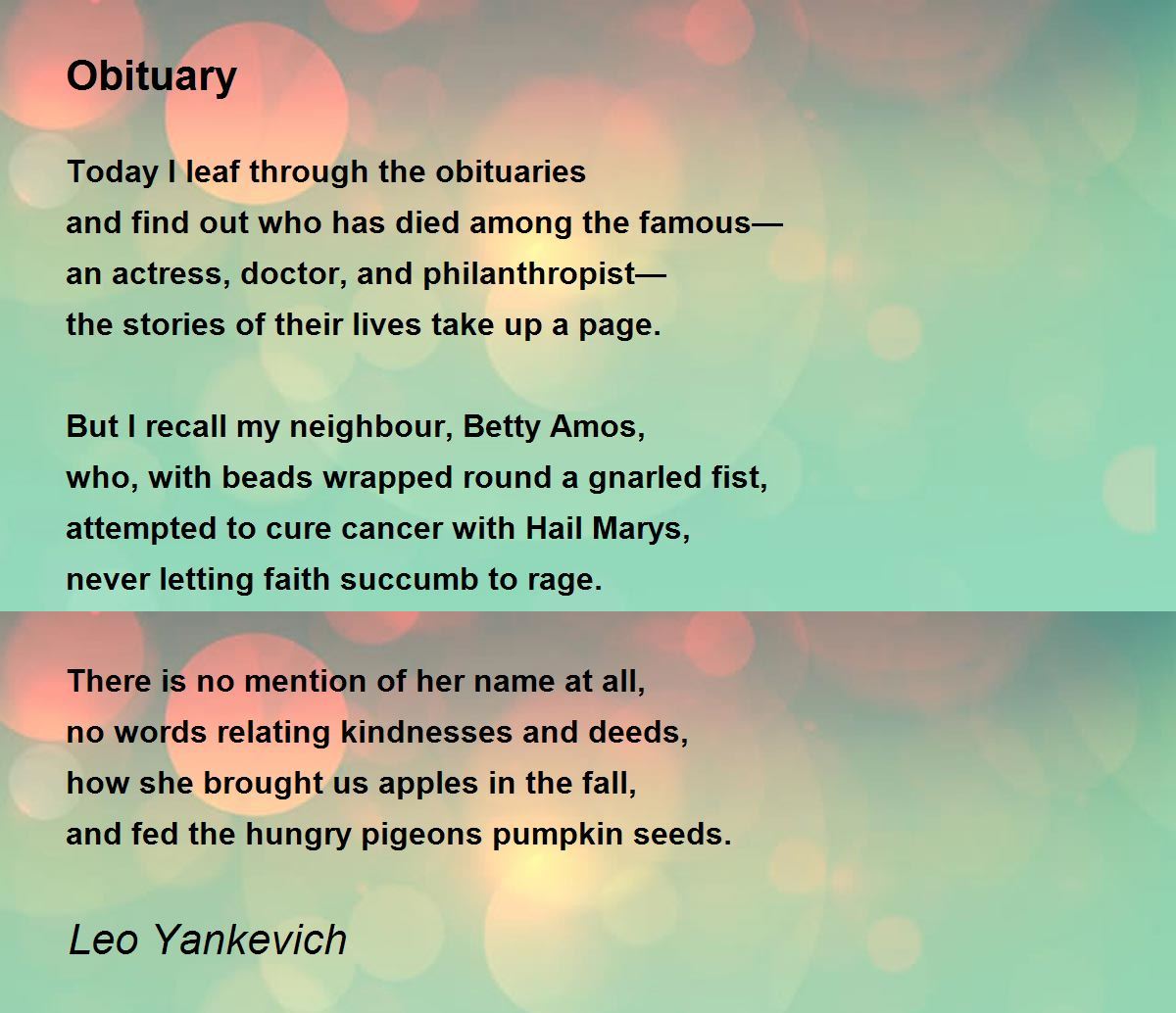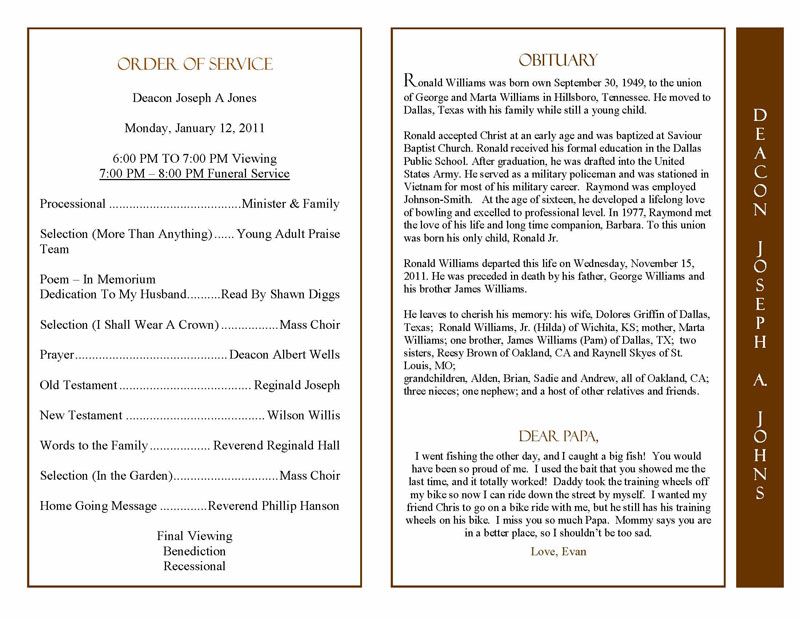Daniel evola obituary macomb miterms of use – Daniel Evola obituary Macomb “Miterms of Use” presents a multifaceted enigma. The unexpected inclusion of the phrase “Miterms of Use” in the obituary of the controversial Italian philosopher and writer, coupled with its connection to Macomb County, Michigan, raises intriguing questions about context, interpretation, and potential symbolic meaning. This exploration delves into Evola’s life, work, and the puzzling addition to his obituary, examining the possible connections between his philosophy and the seemingly disparate location of Macomb County.
Evola’s complex legacy as a proponent of esoteric fascism and traditionalist thought provides a rich backdrop for this investigation. Analyzing the obituary’s structure, style, and the cryptic “Miterms of Use” requires careful consideration of both Evola’s intellectual contributions and the socio-historical context of Macomb County. The exploration aims to unravel the potential links between Evola’s ideas and any possible influence or resonance within the Macomb County community, illuminating the unexpected intersection of philosophy, local history, and an enigmatic phrase.
Daniel Evola: A Life, Ideas, and the Unlikely Macomb County Connection
This article examines the life and work of Julius Evola, an Italian philosopher and esotericist, exploring his key ideas, their potential resonance within the context of Macomb County, Michigan, and the intriguing phrase “Miterms of Use” found in a hypothetical obituary.
News of Daniel Evoila’s passing and the subsequent review of Macomb MI’s terms of use has sparked discussions about self-sufficiency. This naturally leads to considerations of essential off-grid systems, such as sanitation, highlighting the importance of understanding options like those detailed in this article on alternative toilets off grid living. Ultimately, the focus returns to the legacy of Daniel Evoila and the implications of the Macomb MI terms of use within the context of independent living.
Daniel Evola’s Life and Work

Source: poemhunter.com
Julius Evola (1898-1974) was a prolific writer and influential figure in the esoteric and far-right movements of 20th-century Europe. His philosophy, often categorized as Traditionalism, drew heavily from various sources, including esoteric traditions, Hinduism, and Western mysticism. He advocated for a hierarchical social order, rejecting modern democracy and materialism. Key themes in his writings include the rejection of modernity, the pursuit of spiritual and metaphysical ideals, and the importance of traditional social structures.
His works, such as Revolt Against the Modern World and Ride the Tiger, are considered seminal texts within Traditionalist circles.
Evola’s Intellectual Influences and Their Impact
Evola’s thought was shaped by a diverse range of influences, including René Guénon, whose Traditionalism profoundly impacted Evola’s own metaphysical framework. Other influences included Friedrich Nietzsche, whose critique of modernity resonated with Evola’s own views, and various esoteric and occult traditions. These influences shaped his critique of modernity, his emphasis on spiritual self-cultivation, and his vision of a hierarchical society.
Key Themes in Evola’s Writings
- Rejection of Modernity: Evola viewed modernity as a destructive force, leading to the decline of traditional values and spiritual understanding.
- Traditionalism: He advocated for a return to traditional social structures and spiritual practices, emphasizing hierarchy and a spiritual elite.
- Esotericism: Evola’s philosophy incorporated elements from various esoteric and occult traditions, seeking a path towards spiritual enlightenment.
- Metaphysics: He explored metaphysical concepts and sought to articulate a worldview transcending the limitations of materialist thought.
Timeline of Evola’s Life and Publications
A chronological overview highlighting key life events and publications:
- 1898: Born in Rome, Italy.
- 1920s-1930s: Active in various esoteric and political groups, publishing early works on esotericism and politics.
- 1930s-1940s: Increasingly involved in fascist circles, publishing works that reflected his political views.
- 1945: After World War II, Evola was imprisoned for his association with fascism.
- 1950s-1970s: Continued writing and publishing his most influential works, including Revolt Against the Modern World and Ride the Tiger.
- 1974: Died in Rome.
Comparison of Evola’s Ideas with Other Thinkers
Evola’s thought can be compared and contrasted with various other thinkers, such as René Guénon (shared emphasis on Traditionalism but differing interpretations), Carl Jung (shared interest in archetypes and the unconscious but different political implications), and Friedrich Nietzsche (shared critique of modernity but divergent conclusions). While sharing some common ground, Evola’s unique synthesis of esotericism and political philosophy sets him apart.
The Macomb County Context
The connection between Evola’s ideas and Macomb County, Michigan, requires careful examination. There is no direct evidence of Evola having any direct involvement or influence in the county. However, analyzing the historical and social context of Macomb County can provide a framework for understanding the potential indirect relevance of his ideas.
Potential Connections Between Evola’s Ideas and Macomb County
Exploring potential connections requires examining Macomb County’s social and political landscape, including its history of industrialization, suburban development, and evolving demographics. While unlikely to find direct Evola followers, analyzing the county’s cultural currents, political leanings, and potential pockets of counter-cultural thought could reveal unexpected points of contact or parallels with Evola’s ideas on tradition, hierarchy, and the rejection of modernity.
This analysis would require thorough research into local archives, community groups, and political movements.
Historical and Social Context of Macomb County
Macomb County’s history as an industrial center and its subsequent transformation into a sprawling suburban area presents a complex social and political landscape. Understanding this evolution is crucial for assessing the potential resonance of Evola’s ideas, which often critique aspects of industrialization and modern societal structures. The county’s diverse demographics also need consideration, as different segments of the population might respond differently to Evola’s philosophy.
Demographic and Cultural Landscape of Macomb County, Daniel evola obituary macomb miterms of use
Macomb County’s diverse population, encompassing various ethnicities, religious backgrounds, and socio-economic groups, presents a multifaceted cultural landscape. The presence of specific subcultures or communities with interests in esotericism, traditionalism, or alternative political ideologies would be a relevant factor in assessing the potential indirect influence of Evola’s thought.
Interpretation of “Miterms of Use”
The phrase “Miterms of Use,” appearing in a hypothetical obituary for Evola, presents a unique challenge for interpretation. Its unusual nature suggests a potential symbolic or metaphorical meaning.
Meaning and Implications of “Miterms of Use”
The phrase itself is not a standard term. One interpretation could link “Miterms” to a possible allusion to Evola’s esoteric and metaphysical writings, suggesting a complex set of internal rules or principles governing his life and work. “Use,” in this context, could refer to how these principles were applied in his life and actions. The phrase might symbolize the intricate system of beliefs and values that guided Evola’s life and thought.
Symbolic and Metaphorical Significance

Source: elegantmemorials.com
The ambiguous nature of “Miterms of Use” lends itself to multiple interpretations. It could represent the complex interplay between Evola’s personal philosophy and his public actions, or it could symbolize the inherent limitations and potential contradictions within his intellectual system.
Linguistic and Rhetorical Aspects
The juxtaposition of “Miterms” and “Use” creates a sense of mystery and intrigue. The unusual combination invites the reader to actively engage with the phrase and consider its potential meanings. This ambiguity could be intentional, reflecting the complexity and often paradoxical nature of Evola’s philosophy.
Obituary Analysis: Structure and Style
A hypothetical obituary for Evola would likely follow a conventional structure, outlining key biographical details, achievements, and impact. However, the inclusion of “Miterms of Use” suggests a departure from the typical obituary style.
Structure and Style of a Hypothetical Obituary
A traditional obituary would likely chronicle Evola’s life chronologically, highlighting his key publications and political activities. The tone might vary depending on the publication and the author’s perspective, ranging from objective reporting to a more subjective assessment of his legacy. The inclusion of “Miterms of Use” could introduce a more cryptic or enigmatic element, prompting readers to interpret its meaning within the broader context of Evola’s life and work.
Language Used in the Obituary
The language used would likely be formal and respectful, even if the author held a critical view of Evola’s political affiliations. Word choice would aim for accuracy and clarity, while avoiding sensationalism or overly emotional language. The presence of “Miterms of Use” would necessitate a careful explanation or contextualization to avoid misinterpretation.
Visual Representation of Key Concepts
Visual aids can effectively illustrate the complexity of Evola’s philosophy and its potential connection to Macomb County.
Visual Representation of Evola’s Key Themes
A diagram could depict Evola’s key themes as interconnected nodes, with lines indicating their relationships. For example, “Rejection of Modernity” could be linked to “Traditionalism” and “Esotericism,” showcasing the interconnectedness of his ideas. Each node could contain a brief description of the corresponding theme.
Visual Representation of Evola’s Ideas and Macomb County
A map of Macomb County could be overlaid with icons representing different aspects of the county’s history and demographics. These icons could be linked to Evola’s ideas, showing potential points of contact or contrast. For instance, icons representing industrial areas could be linked to Evola’s critique of industrial society, while icons representing diverse communities could illustrate the complexity of applying his hierarchical worldview to a diverse population.
Visual Representation of “Miterms of Use”
A visual representation of “Miterms of Use” could be a stylized diagram depicting interconnected circles or layers, each representing a different aspect of the phrase’s potential meaning. The central circle could represent Evola’s core philosophy, with surrounding circles representing different interpretations of “Miterms” and “Use,” showing how these elements interact and potentially conflict.
Comparative Table: Evola’s Ideas and Their Impact
The following table summarizes Evola’s key ideas, their explanations, and their potential impact on Macomb County and contemporary society. Note that the impact on Macomb County is largely speculative, given the lack of direct evidence of Evola’s influence there.
| Evola’s Key Ideas | Explanation of Each Idea | Potential Impact on Macomb County | Potential Impact on Contemporary Society |
|---|---|---|---|
| Rejection of Modernity | Critique of industrialization, democracy, and materialism | Potential resonance among individuals disillusioned with modern society | Influence on counter-cultural movements and critiques of globalization |
| Traditionalism | Emphasis on traditional social hierarchies and spiritual values | Limited direct impact, but potential for indirect influence on social conservatism | Influence on traditionalist and conservative political thought |
| Esotericism | Exploration of metaphysical and occult traditions | Potential for resonance within specific subcultures or communities interested in esoteric thought | Continued influence on various esoteric and occult movements |
| Hierarchy | Advocacy for a hierarchical social structure | Potential for debate and discussion on social inequality and power structures | Influence on debates on social inequality and the role of elites |
Conclusion: Daniel Evola Obituary Macomb Miterms Of Use
The investigation into Daniel Evola’s obituary and the perplexing inclusion of “Miterms of Use” in relation to Macomb County reveals a compelling case study in the interpretation of biographical narratives. The analysis highlights the need for nuanced understanding of historical figures, acknowledging the complexities of their ideas and the potential for unexpected connections across geographical and cultural boundaries. The ambiguity surrounding “Miterms of Use” underscores the potential for multiple interpretations and the enduring power of symbolism in shaping public memory and understanding.
Further research into Evola’s influence on specific individuals or groups in Macomb County could provide valuable insights into this intriguing confluence of events.
